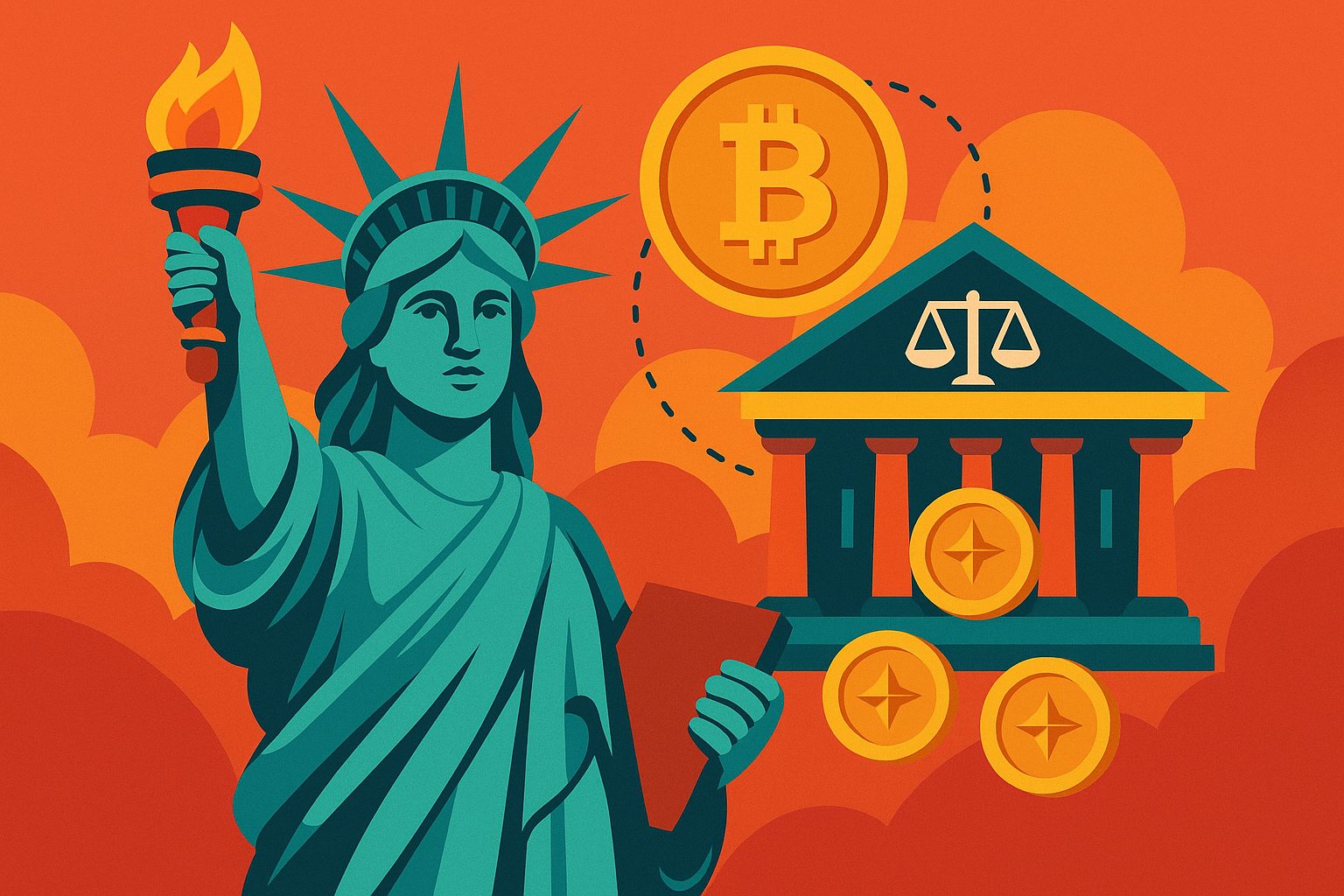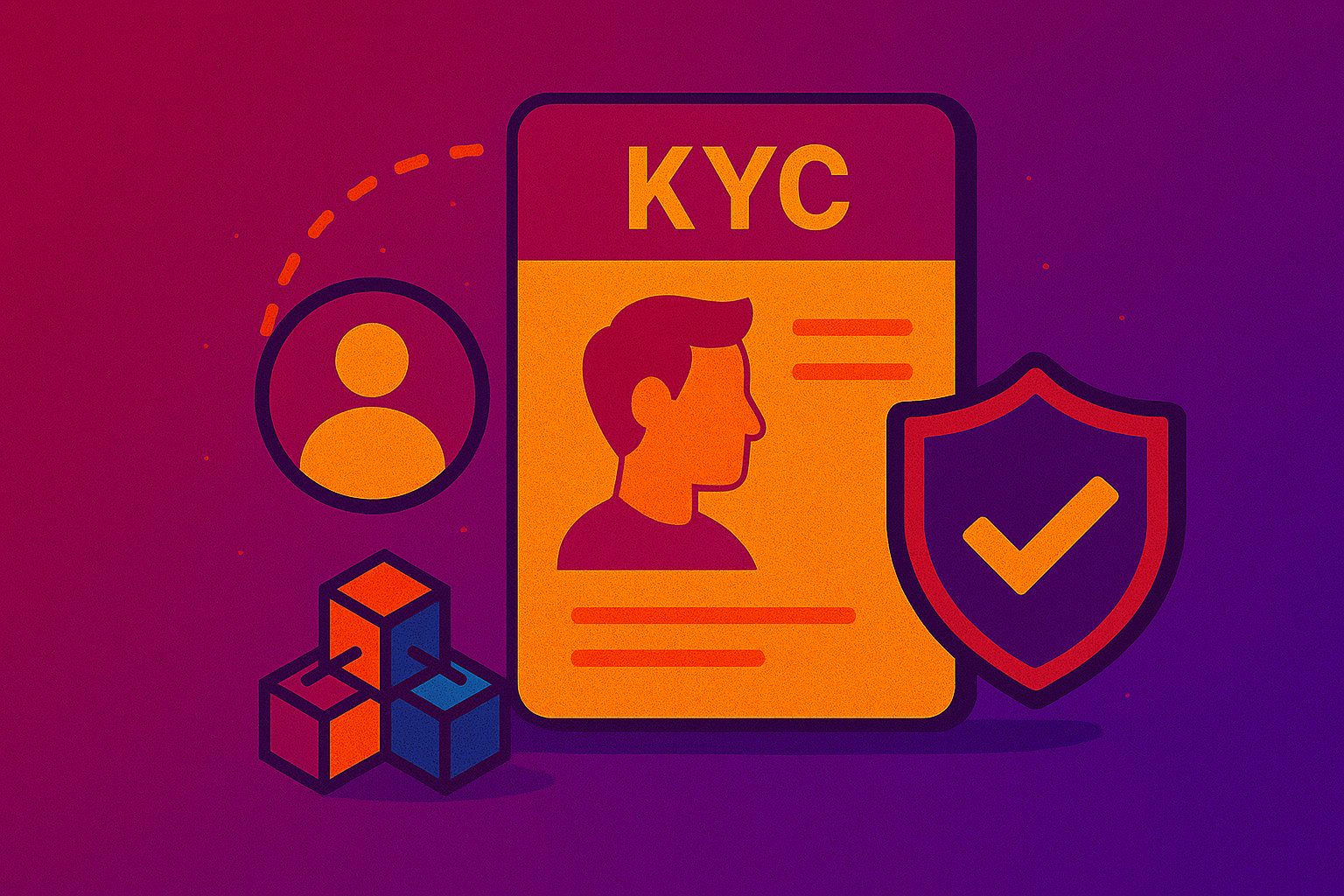Guardians of the Digital Frontier: Introducing FINRA’s Expanding Role
As the crypto and blockchain industries continue to evolve at breakneck speed, regulatory clarity remains both the holy grail and the most significant obstacle. For years, the conversation around crypto compliance has been dominated by the SEC, with its high-profile enforcements and broad interpretations of what constitutes a security. But another powerful regulatory player is quietly stepping into the limelight—FINRA. The Financial Industry Regulatory Authority, traditionally known for overseeing broker-dealers and ensuring fair financial markets, now plays an increasingly pivotal role in the world of crypto crowdfunding. With the rise of tokenized securities and digital asset fundraising platforms, FINRA’s oversight has begun to shape how crypto projects approach compliance, investor protections, and market integrity.
Understanding FINRA: More Than a Watchdog
FINRA is a non-governmental, self-regulatory organization that operates under the supervision of the SEC. Its mission is to safeguard investors and ensure the integrity of the U.S. securities markets. Historically, FINRA’s work focused on overseeing brokerage firms, enforcing rules on sales practices, supervising communications, and ensuring the ethical behavior of registered representatives. However, as crowdfunding matured—especially under the SEC’s Regulation Crowdfunding (Reg CF) and Regulation A+ frameworks—FINRA expanded its purview to include funding portals and other intermediaries facilitating these offerings. The digital evolution of securities through blockchain technology has placed crypto crowdfunding platforms squarely within FINRA’s expanding field of vision.
Where Crypto Meets Crowdfunding: The New Regulatory Crossroads
Crypto crowdfunding represents a fusion of two powerful ideas: democratized finance and decentralized technology. It allows startups to raise capital from a global pool of supporters while offering contributors early access to innovative projects, often via tokens or digital shares. Yet, with this innovation comes regulatory complexity. When crypto assets are deemed securities—especially in tokenized equity offerings—platforms facilitating their sale must register as funding portals or broker-dealers. This is where FINRA steps in. The organization is tasked with licensing, supervising, and monitoring these entities to ensure they operate fairly, transparently, and in compliance with investor protection laws. As crypto crowdfunding grows, this crossroads becomes one of the most important intersections in modern financial regulation.
Funding Portals and Broker-Dealers: FINRA’s Jurisdiction Explained
FINRA’s involvement in crypto crowdfunding oversight is primarily through two mechanisms: funding portal registration and broker-dealer regulation. Under Reg CF, companies offering securities to non-accredited investors must do so through a FINRA-registered funding portal or broker-dealer. These portals are subject to rules that govern how they vet issuers, handle investor information, and ensure accurate disclosures. Broker-dealers face even stricter requirements, including financial audits, compliance programs, and ongoing supervision. When crypto crowdfunding platforms deal in tokenized securities or offer investment contracts involving digital assets, they must align with one of these categories. This alignment is not optional—it’s a legal requirement that brings projects under the formal umbrella of U.S. securities law and FINRA’s scrutiny.
Compliance Culture: Why FINRA Approval Matters
In a world where fraud, rug pulls, and vaporware have plagued early-stage crypto investments, FINRA’s oversight is increasingly seen as a hallmark of legitimacy. Approval from FINRA signals to investors, partners, and regulators that a platform is serious about compliance. It requires platforms to meet high standards for disclosures, investor onboarding, financial operations, and advertising practices. This vetting process not only helps weed out bad actors but also encourages ethical behavior and long-term thinking among issuers. Platforms that secure FINRA approval often gain easier access to banking services, insurance coverage, and institutional capital—creating a ripple effect of confidence throughout the ecosystem.
Crypto Intermediaries: Walking the Regulatory Tightrope
Crypto crowdfunding intermediaries operate in a uniquely challenging environment. They must balance the borderless, fast-paced ethos of blockchain innovation with the structured, rule-bound nature of securities compliance. For example, a platform offering tokenized equity must ensure that each transaction adheres to both federal securities laws and FINRA rules, which include everything from financial reporting standards to communication guidelines. Any lapse—whether in due diligence, investor disclosures, or complaint handling—can lead to disciplinary action. As FINRA increases its oversight of crypto-aligned intermediaries, platforms must maintain detailed records, robust compliance policies, and a proactive approach to regulatory changes. It’s a tightrope walk that demands agility and vigilance in equal measure.
Ensuring Investor Protection in a Tokenized World
Investor protection is at the heart of FINRA’s mission, and this mandate is more relevant than ever in the crypto space. The organization enforces rules designed to prevent misleading statements, fraud, and conflicts of interest—issues that have plagued many token offerings in the past. In the context of crowdfunding, FINRA requires platforms to provide transparent, truthful, and balanced information about investment opportunities. This includes risks, financials, business models, and potential conflicts. For crypto crowdfunding, these requirements mean issuers must disclose token mechanics, smart contract dependencies, liquidity assumptions, and use of funds in clear, comprehensible terms. By enforcing these standards, FINRA helps restore investor confidence in an industry still recovering from high-profile scams and regulatory uncertainty.
Technology Meets Regulation: How FINRA Is Adapting
While FINRA is not typically viewed as a tech-savvy organization, it has taken meaningful steps to engage with blockchain and digital asset technologies. The regulator has published guidance on digital securities, hosted fintech roundtables, and launched innovation initiatives aimed at better understanding the evolving landscape. It has also worked closely with the SEC and other agencies to coordinate policy development in areas like custody, settlement, and digital compliance. For crypto crowdfunding platforms, this evolution signals that FINRA is not looking to stifle innovation—but rather to channel it responsibly. The more aligned platforms are with FINRA’s expectations, the more likely they are to benefit from emerging regulatory clarity and cooperation.
The Cost of Non-Compliance: Enforcement Actions on the Rise
Failing to register properly or comply with FINRA rules can have serious consequences. The organization has the authority to fine, suspend, or expel firms and individuals who violate its standards. In recent years, enforcement actions have increased as FINRA expands its focus to include digital fundraising and tokenized securities. Offenses have ranged from misrepresenting offerings to failing to conduct proper background checks on issuers. For crypto platforms, these actions serve as stark reminders that regulatory boundaries cannot be ignored or creatively reinterpreted. Compliance must be baked into the DNA of every offering, from technical architecture to marketing language to user onboarding.
Education and Communication: FINRA’s Role Beyond Enforcement
FINRA’s influence extends beyond punishment and oversight—it also plays a critical role in educating industry participants. Through webinars, white papers, regulatory notices, and ongoing dialogue, FINRA helps platforms understand what compliance looks like in practice. The organization’s transparency efforts have grown in tandem with the crypto industry, reflecting a shift toward collaborative regulation rather than combative enforcement. Platforms that proactively engage with FINRA, seek guidance, and implement suggested best practices position themselves as partners in progress. This educational relationship is especially important in the crowdfunding space, where many issuers are first-time founders unfamiliar with securities law. By fostering a culture of learning, FINRA contributes to a healthier, more sustainable digital economy.
Future Outlook: FINRA’s Evolving Influence on Crypto Fundraising
As the token economy matures and regulators continue to clarify their roles, FINRA’s influence is likely to grow. The organization may eventually take on broader responsibilities around DeFi oversight, secondary trading of digital securities, or even decentralized autonomous organizations (DAOs) that interact with U.S. investors. Meanwhile, crypto crowdfunding platforms should anticipate increasing formalization of compliance requirements, including expanded reporting obligations, stricter advertising controls, and enhanced investor education mandates. While this trajectory may challenge the industry’s early culture of decentralization, it also paves the way for mainstream adoption. With FINRA as a steady regulatory partner, crypto crowdfunding can evolve from a niche funding tool to a trusted pillar of modern finance.
Bridging Innovation and Regulation: A Path Forward
The relationship between crypto crowdfunding platforms and FINRA doesn’t have to be adversarial. When embraced early and intentionally, FINRA’s oversight can act as a catalyst for growth, not a barrier. It challenges platforms to be transparent, professional, and investor-centric. It provides a framework within which innovation can flourish responsibly. And it signals to the broader financial ecosystem that blockchain-based fundraising is ready for prime time. As more platforms navigate this regulatory relationship, the best ones will not only survive but thrive—leveraging compliance as a brand asset, a gateway to capital, and a mark of excellence.
In the shifting landscape of crypto finance, FINRA is not just a referee—it’s becoming a trusted architect of the rules that will shape the future of crowdfunding.




